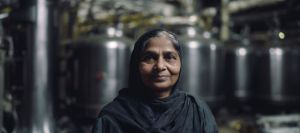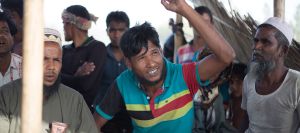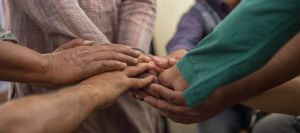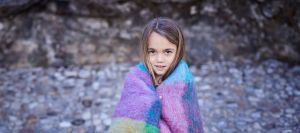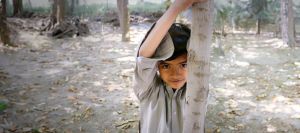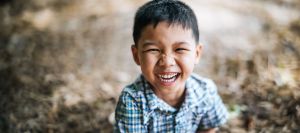
Practising spirituality, rediscovering the goodwill of the Lord
Written by: Ken Wong (Communications Officer) We previously launched the ‘Lenten Prayer Guide’ (Chinese only) to help everyone cultivate a heart for creation care during this period. Our colleagues have also engaged in various practices during Lent. Some have abstained from eating beef to reduce carbon emissions, while others have chosen walking instead of short-distance transportation. As for myself, I chose to abstain from coffee and organised an outing with fellow brothers and sisters to clean up litter in the countryside. I hope to share some insights from my experience of abstaining from coffee here. The initial reason for choosing to give up coffee as part of the practice was the realisation of the environmental impact of coffee cultivation.


